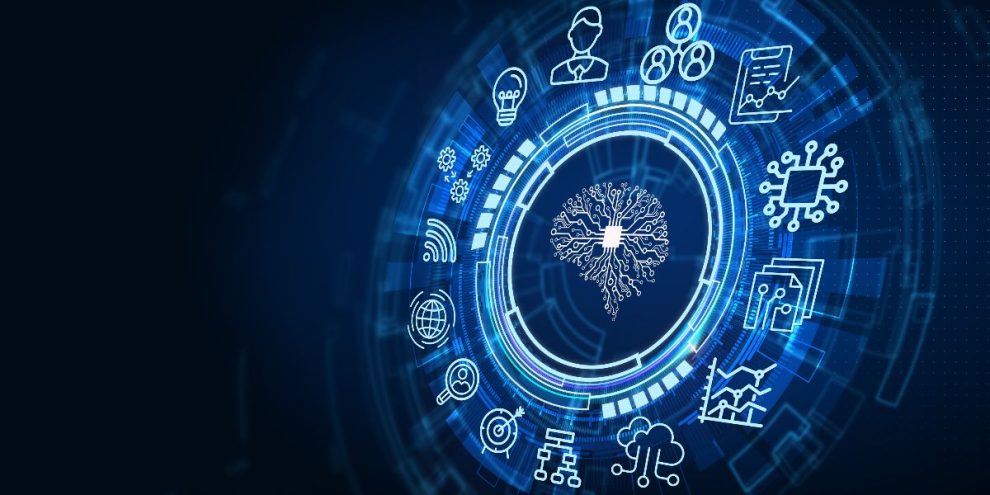Imagine you have a vast library of unlabeled images – a treasure trove of visual data waiting to be unlocked. Manually tagging them could take years, but fear not! The power duo of computer vision (CV) and natural language processing (NLP) is here to help. By combining their unique strengths, they can automatically assign relevant tags, saving you time and effort while enriching your data for powerful applications.
The Dynamic Duo: CV and NLP
Computer vision acts as the “eyes” of the system, able to identify objects, scenes, colors, textures, and relationships in images. It extracts meaningful visual features, seeing the world in digital terms. Meanwhile, NLP provides the “brain” power, understanding and manipulating human language to bridge the gap between visual content and textual meaning.
Auto-Tagging Methodologies
When combined, CV and NLP create a synergy beyond their individual capabilities. Here are some key approaches to auto-tagging images:
Image Captioning
CV identifies visual elements like cars, people, buildings in an image, while NLP weaves them into natural language captions. These generated captions become descriptive tags.
Multimodal Embedding
Visual features and text tags are encoded into a common numerical representation, allowing comparison and mapping between modalities. This enables text-based image search and retrieval.
Weakly Supervised Learning
Even with few labeled images, NLP can extract textual keywords and relationships to guide CV, teaching it to tag unlabeled images and reduce manual effort.
Zero-Shot Learning
NLP leverages textual descriptions and contextual knowledge to help CV assign relevant tags even for unseen objects, enabling generalization.
Real-World Applications
The potential applications unlocked by automatic image tagging are far-reaching, including:
Intelligent Image Search
Search engines can return results matching contextual queries like “a cat playing with yarn” thanks to descriptive tags.
Automated Content Creation
Editors and creatives can find tag-powered inspiration from images, reducing creative blocks for writing, products or social media.
E-Commerce
Detailed and consistent product tags improve online shopping with better search, recommendations and personalization.
Medical Imaging Diagnostics
Analyzing and tagging medical images against textual records can assist in automated diagnosis and treatment planning.
Overcoming Challenges
However, some notable challenges need addressing as CV+NLP image tagging advances:
Algorithmic Bias
Biased or incomplete training data risks perpetuating unfair biases through tagging. Responsible data collection and evaluation is crucial.
Data Privacy
With personal photos potentially being analyzed, maintaining rigorous privacy standards and consent processes is important.
Explainability
As algorithms become more complex, interpreting why certain tags were applied will improve accountability and trust.
The Bright Multimodal Future
By combining computer vision and natural language processing, the possibilities for harnessing visual data are vastly expanded. As research tackles existing challenges, the future looks bright for image auto-tagging and its potent real-world applications across sectors.
So the next time you look at an unlabeled image collection, envision the potential waiting to be unlocked. Because it’s not just inert pixels and colors, but an untold story ready to come alive with the power of AI!
















Add Comment